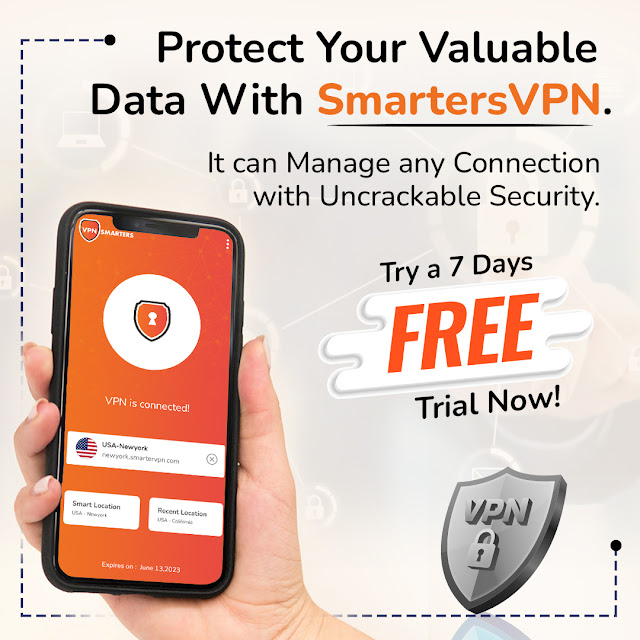How to Keep Your Personal Data Safe with a VPN?
What Is a VPN and How Does It Work?
The Advantages of Using a VPN
1. Online Protection - a VPN will protect you online by hiding your IP address and encrypting your internet traffic.
2. Increased Privacy - since your data is encrypted, your internet activity is also much more private.
3. Bypassing Restrictions - many VPNs allow you to bypass restrictions placed on certain websites by your government or employer.
4. Accessing Blocked Content - if there is content that is blocked in your country, you may be able to access it by connecting to a server in another country with a VPN.
5. Unblocking Websites - many schools and workplaces block certain websites. With a VPN, you may be able to unblock those websites.
How to Select the Right VPN Service?
1. Make sure the provider offers security features that meet your needs. For example, if you're looking for a VPN to use while banking or shopping online, look for a provider that offers features like military grade encryption and Kill Switch protection.
2. Check the provider's logging policy to make sure your data will be safe. A good logging policy will keep no logs of your activity, so your data can't be traced back to you.
3. Make sure the provider has servers in the locations you need. If you want to access geo-restricted content, make sure the provider has servers in those countries.
The Risks of Not Using a VPN
For many people, the idea of using a VPN is something that only businesses need to worry about. However, there are risks associated with not using a VPN that everyone should be aware of. Here are some of the risks of not using a VPN:
1. Your ISP could sell your data: If you're not using a VPN, your ISP can see everything you're doing online. They can then sell this data to advertisers or other third parties.
2. You're at risk of being hacked: Without a VPN, your traffic is not encrypted, and therefore it's much easier for hackers to intercept it and steal sensitive information like passwords or credit card numbers.
3. You could be tracked by the government: If you're not using a VPN, your ISP can hand over your browsing history to the government if they request it.
In conclusion, a VPN is a great way to keep your personal data safe. By encrypting your data and hiding your IP address, a VPN can help you stay anonymous and protect your information from hackers. If you’re looking for a VPN to use, SmartersVPN is the solution. It provides 100% no-usage-logs policy, kill switch, global internet access, and 24/7 live support. You can use it on up to 5 devices simultaneously, and it's compatible with Windows, Mac, iOS, Android, and more.




Comments
Post a Comment